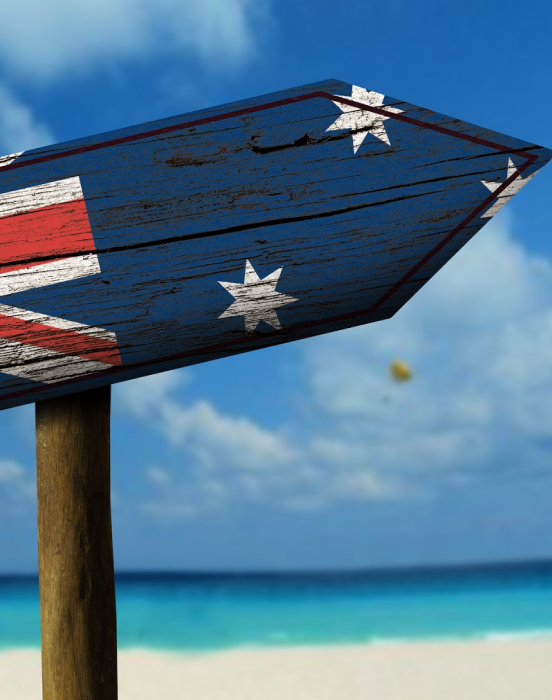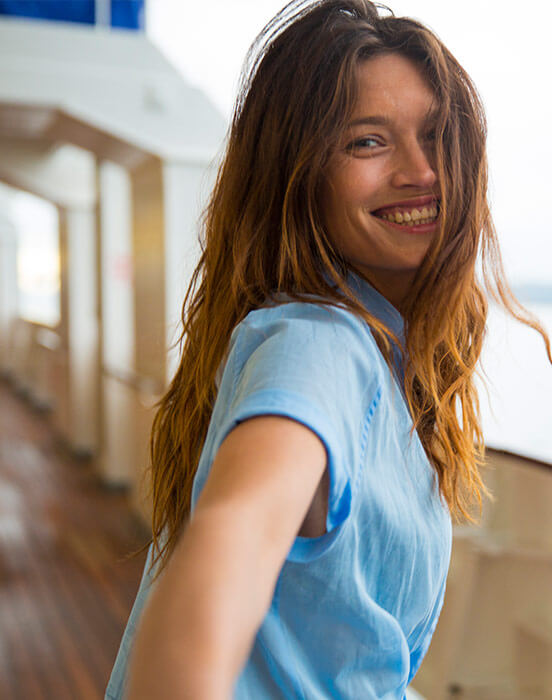How Travel and Leisure brands are staying connected during COVID
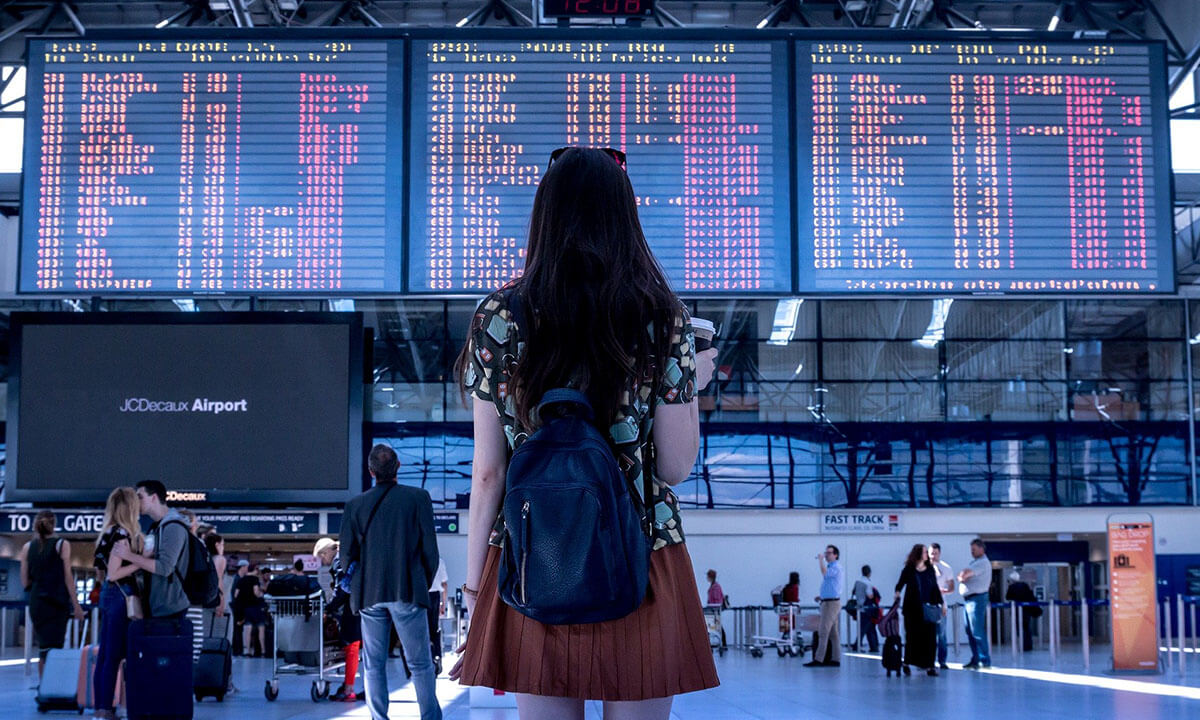
Uncertainty has noticeably shifted consumer behaviour, most notably in Australia’s tourism and leisure activities. Tourism alone made up more than 3% of Australia’s entire GDP in 2019, and up until the pandemic, it was growing at a faster rate than the national economy.
But now, the landscape looks a lot different: people aren’t booking as far in advance, nor are they travelling as far from home. They’re also not eating out as much, and a lack of tourists is only widening the gap.
For businesses that rely on discretionary spending, the usual triggers of scarcity and bargain hunting in return for long-term loyalty aren’t working. Rather, companies and brands must learn to adjust their outreach and marketing to appeal to consumers in a new “normal.”
The good news: many brands have found effective and creative ways to shift with their audience. Here are some powerful examples of adapt-and-survive we’ve seen:
Banking on Membership Loyalty
Some memberships may be paused for now, but businesses are hoping they’ll still create customer loyalty. To sweeten the connection, brands are putting their loyal fans in the box seat to receive first looks at new products or offers. Stone and Wood is testing this strategy with the launch of its new beer club. Fans can enjoy premium videos, stories, and beer education, special offers, event invitations, all without being locked into a membership contract.
Pivoting the Business Model to Maintain Brand Awareness
Knowing how and when to pivot has always been a hallmark of a successful business. COVID has forced businesses to not only get creative in adapting but also do so overnight.
For example, Carnival started offering cruise ships to quarantine travellers arriving from overseas. Qantas has started selling gift packs including their Business Class Pajamas so that consumers could get a small taste of premium travel without flying.
Demonstrating Health and Safety Initiatives
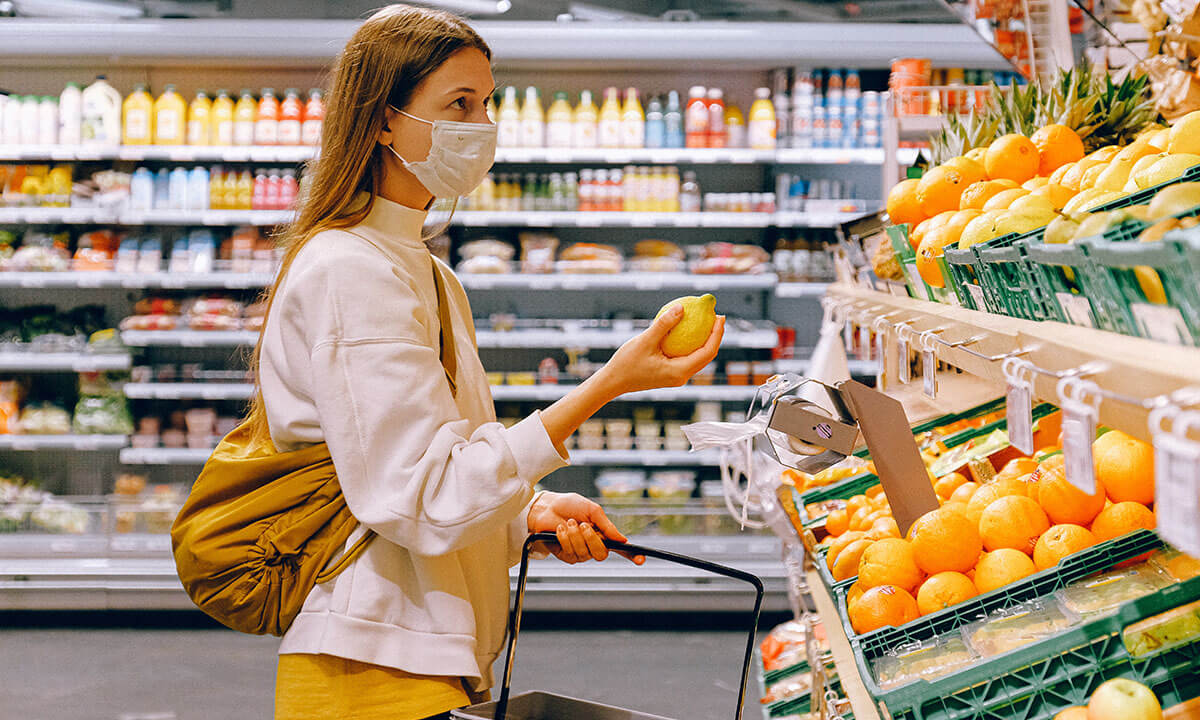
If businesses shared a collective marketing message for 2020, it would centre around how they’re making health and safety their number one priority. No precaution has been taken as a given, and brands are doubling down on how they can earn consumers’ trust during a time when it’s most needed.
Things like contactless payments and app-controlled room entry for hotels are becoming par for the course. Australian Tech startup, Me&U is also doing its bit to keep the Hospitality industry alive in Australia, promoting its contactless ordering and bill splitting tech.
Many hotels are also infusing health and wellness messages into their social media strategies as a way to stay connected with customers. Silverado Resorts & Spa sets a good example for this in educating their followers about plants that build immunity.
Relying on Technology to Spread the Message
There’s no doubt that technology and digital tools have played an important role in helping brands pivot. Transportation app Citymapper, for example, released an updated “Mobility Index” to shine a light on how people are moving around the world’s cities.
Promoting the Value of Staycations
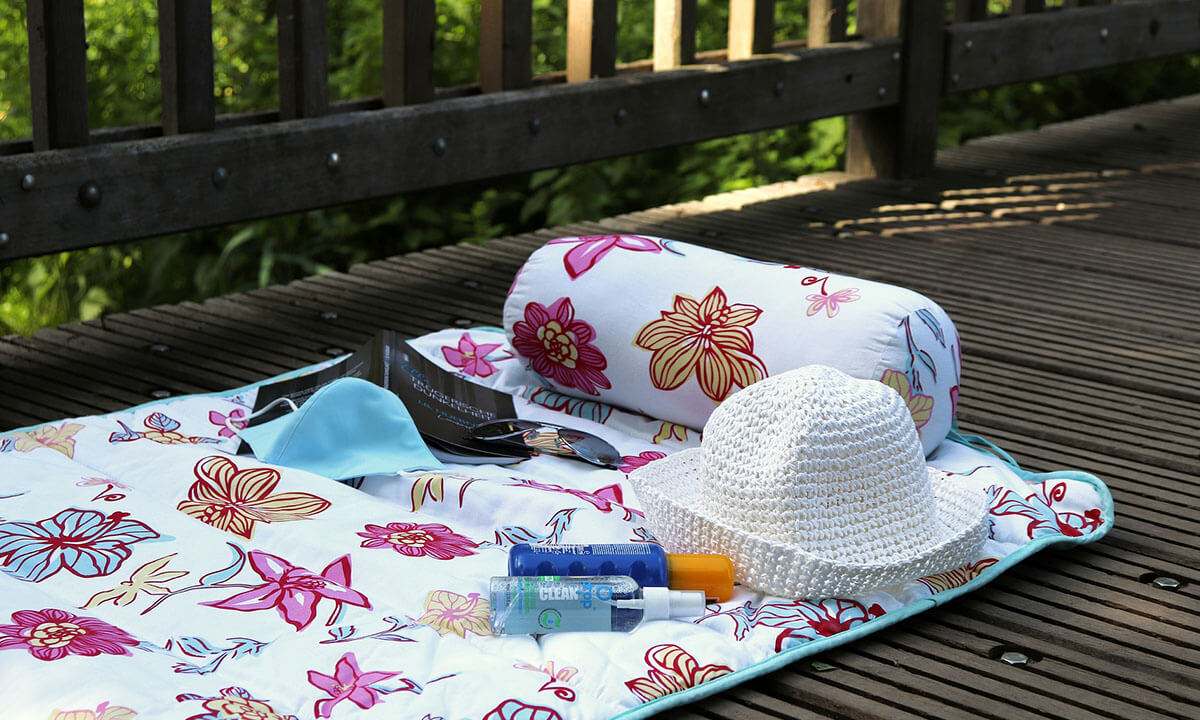
The staycation concept found quick success in Singapore, and Australian businesses were fast to notice. Brands that depend on tourism shifted to promote staycations to domestic audiences and demonstrate how to make a “small escape” within reason.
Switching Your Delivery Method
A complete pivot away from your service isn’t always necessary. Sometimes, success lies in how you deliver it. Case in point: Australian restaurants started offering meal kits that customers can enjoy in the comfort and safety of their own home. Restaurant-quality food adds greater variety beyond basic market staples. It also capitalizes on the growing trend of subscription-based meal kit services that can be a welcomed substitution for a night on the town.
Major Brand Lessons Learnt
COVID-19 has been a positioning exercise for businesses and brands of all sorts and sizes. The ones who are currently showing they’re positioned for the long term are the ones that demonstrate purpose and compassion for the unique circumstances affecting us all.
Though it’s anyone’s guess how travel and leisure will be reshaped after COVID, people will likely emerge with a greater appreciation for brands that showed up in ways that made a positive impact in a time of need and uncertainty.



